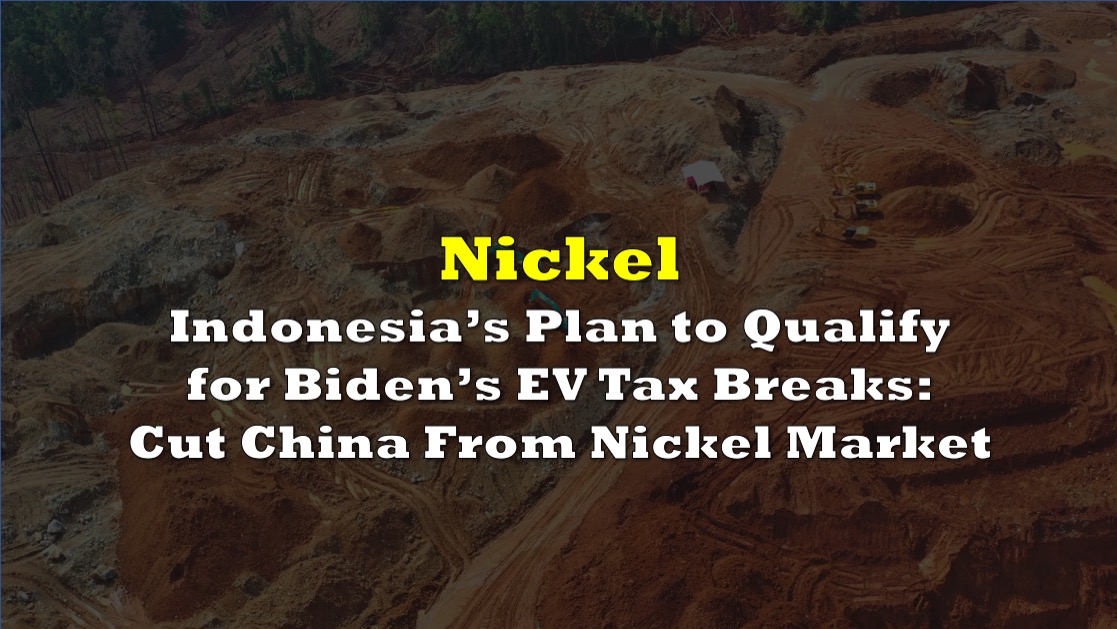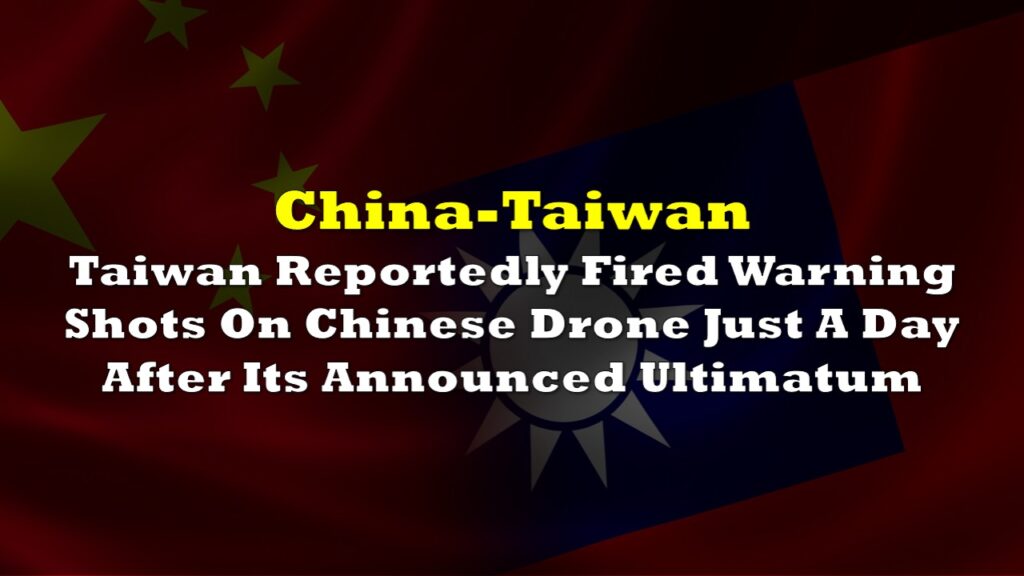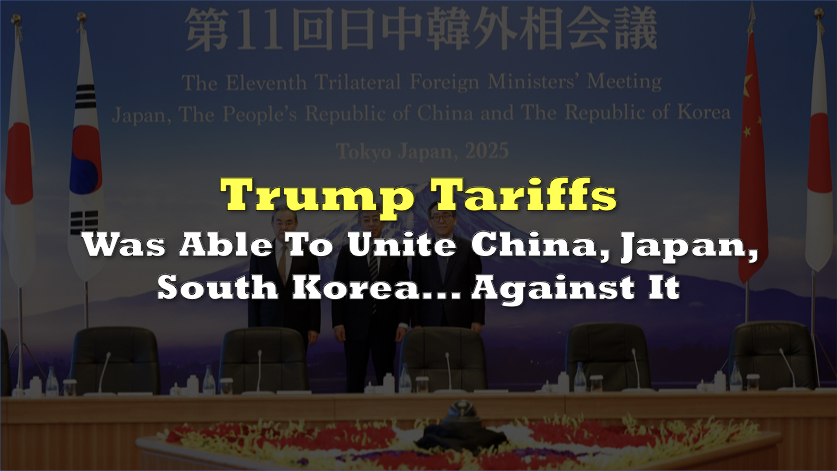Indonesia is taking strategic steps to lessen Chinese investment in its nickel mining and processing projects to qualify for U.S. tax breaks under the Biden administration’s Inflation Reduction Act (IRA). The act, which will provide generous tax incentives starting in 2025, excludes EVs with batteries containing critical minerals like nickel from “foreign entities of concern,” such as Chinese companies with more than a 25% stake.
For Indonesia, this poses a significant challenge. The country has become the world’s leading nickel supplier thanks to substantial Chinese investments over the past four years. To navigate these new regulations, Indonesia’s government and industry players are now structuring deals where Chinese companies hold minority stakes in new nickel projects. This strategy could allow Indonesian nickel to benefit from IRA tax credits, although a trade agreement with the U.S. focused on critical minerals would still be necessary.
Currently, Indonesia is in discussions with potential investors to build smelters where Chinese ownership is capped at less than 25%. This move is driven by pressure from South Korean and Japanese companies, who also need to comply with the IRA to qualify for tax incentives.
Septian Hario Seto, deputy coordinating minister for investment and mining, emphasized the importance of this initiative, stating, “It’s not just about IRA, but also diversification. This is a very important policy because we do not want to get trapped in geopolitical tensions. We have to look out for national interests.”
READ: Indonesia Evaluates Cutting Nickel Production
One significant investment in progress involves a new smelter valued at around $700 million, with a Chinese company holding a minority stake and Indonesian and South Korean partners holding the majority. Although Indonesia is not imposing mandatory limits on Chinese ownership, this move represents a strategic shift to meet the IRA’s requirements.
Reducing China’s dominance in Indonesia’s nickel sector will not be easy. Benchmark Mineral Intelligence estimates that 80-82% of Indonesia’s battery-grade nickel production this year will come from majority Chinese-owned producers. This dominance stems from Indonesia’s 2020 ban on nickel ore exports, which aimed to attract processing and battery manufacturing investments to the country. Chinese companies responded swiftly, investing billions of dollars and transforming Indonesia into a crucial player in the global EV transition.
Today, Indonesia accounts for 57% of global refined nickel production, a share expected to rise to 69% by the decade’s end. Most foreign companies operating in Indonesia’s nickel industry are Chinese, with few exceptions like Vale Indonesia, which has partnered with Ford on a nickel smelter and is in discussions with Stellantis for another project. China’s Huayou Cobalt is also involved in these ventures.
Bryan Bille, principal policy and geopolitical analyst at Benchmark Mineral Intelligence, cautioned that Indonesia’s heavy reliance on Chinese companies complicates its efforts to meet IRA requirements. “Amid an election year and given the previous domestic pushback, a U.S.-Indonesia [trade agreement] is not likely in the near term,” Bille stated.
When U.S. President Joe Biden and Indonesian President Joko Widodo met in Washington last year, they agreed to work on an “action plan” regarding critical minerals, which could precede a free trade agreement. However, progress has been slow, and U.S. lawmakers have expressed concerns about environmental damage from nickel mining and the extensive involvement of Chinese firms in Indonesia.
During a recent visit to Jakarta, Jose Fernández, U.S. Undersecretary of State for economic growth, energy, and the environment, highlighted the positive nature of these discussions. “These are positive discussions and we would like to work towards a critical minerals agreement that will enable more companies from the US and elsewhere to invest in the critical minerals industry in Indonesia.”
Information for this briefing was found via Financial Times and the sources mentioned. The author has no securities or affiliations related to this organization. Not a recommendation to buy or sell. Always do additional research and consult a professional before purchasing a security. The author holds no licenses.









